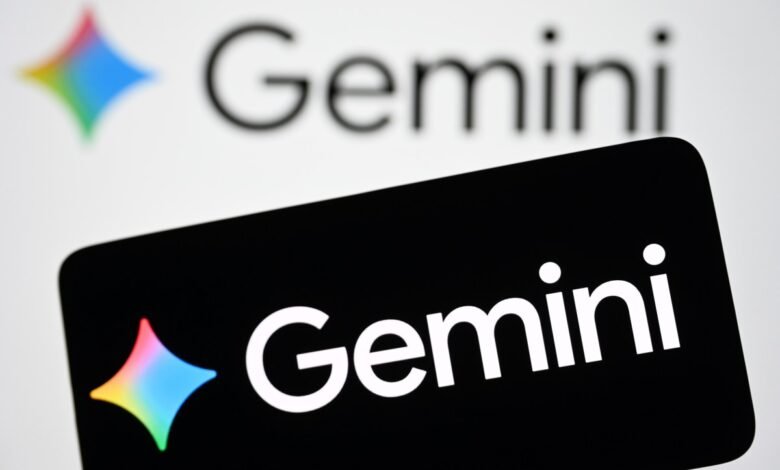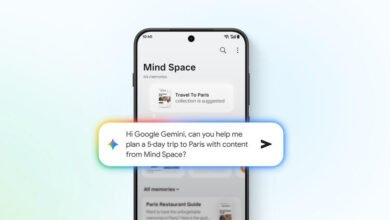GM to Integrate Google Gemini AI in Cars by 2026

▼ Summary
– General Motors will introduce a Google Gemini-powered AI assistant in its vehicles starting next year, announced at the GM Forward event in New York City.
– The AI assistant will improve on current voice assistants by using large language models for better understanding of accents, context, and natural speech.
– It will be available as an over-the-air update via the Play Store for OnStar-equipped vehicles from model year 2015 and above.
– GM plans to develop its own custom AI using vehicle data for features like maintenance alerts, route suggestions, and personalized recommendations based on driver habits.
– GM emphasizes customer consent for data usage, allowing drivers to control information access and opting in or out, with data not sold for additional revenue.
Starting next year, General Motors vehicles will feature a new conversational assistant powered by Google’s Gemini artificial intelligence. This announcement came during the GM Forward event in New York, marking a significant step in bringing advanced generative AI directly into cars, trucks, and SUVs. GM’s integration of Google Gemini AI represents one of the earliest deployments of such technology for consumers, with other ambitious projects like a revamped electrical architecture and hands-free automated driving slated for a later 2028 release.
The move places GM among a growing list of automakers adopting generative AI assistants. Stellantis has partnered with French AI company Mistral, Mercedes is incorporating ChatGPT, and Tesla has integrated xAI’s Grok into its vehicles. For GM, adopting Gemini builds logically on its existing “Google built-in” system, which already provides access to Google Assistant, Maps, and various apps through the infotainment display in Buick, Chevrolet, Cadillac, and GMC models. Since 2023, Google Cloud’s Dialogflow has also managed non-emergency OnStar services, handling common driver questions about navigation and routing.
According to Dave Richardson, GM’s Senior Vice President of Software and Services, the Gemini-powered assistant will deliver a noticeably improved user experience. He explained that current voice assistants often frustrate users because they rely on specific keywords, struggle with accents, or fail when commands aren’t phrased perfectly. Large language models like Gemini overcome these limitations by understanding context from earlier conversations and allowing more flexible, natural dialogue.
This enhanced capability promises to simplify tasks such as composing and sending messages, planning multi-stop routes that include charging stations or coffee shops, and even preparing for meetings while on the move. The assistant will also connect to the internet to answer spontaneous questions, for example, providing historical details about a bridge the driver is crossing.
Availability will extend to OnStar-equipped vehicles from model year 2015 and newer. Owners can download the Gemini assistant via the Play Store as an over-the-air update.
GM’s ultimate vision involves creating its own custom AI that interfaces with vehicle systems through OnStar. Executives described the future technology as functioning like a health wearable or AI pendant designed specifically for your car. This system would tap into vehicle data to offer maintenance alerts, explain features like one-pedal driving, and even preheat or cool the cabin before the driver enters.
Richardson outlined the technical approach: starting with a base large language model and refining it using vehicle-specific information. This specialized training allows the AI to operate efficiently within the car’s computing environment. While GM’s current focus is on Gemini, the company plans to evaluate foundational models from other AI developers, potentially including OpenAI and Anthropic.
User control and data privacy are central to GM’s strategy, especially following past criticism over the sale of customer driving and location data to insurers. Richardson emphasized that any data collected will be used strictly for product enhancement, not sold for profit. He also highlighted recent organizational changes, including hiring Christina Montgomery, formerly IBM’s Chief Privacy and Trust Officer for three decades, to lead data governance efforts.
Richardson assured that all features will operate on an opt-in basis, with customer consent driving data usage. He stated that privacy considerations are being embedded into every stage of development, reinforcing GM’s commitment to protecting user information while advancing in-car AI capabilities.
(Source: TechCrunch)





